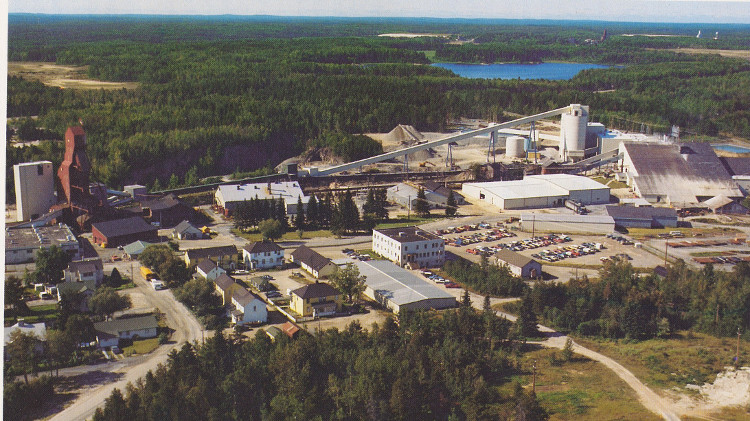
At last year’s Society for Mining, Metallurgy and Exploration (SME) annual conference MINEXCHANGE in Denver, Colorado, the panel of speakers at the big opening day session engaged with the topics of our times: environmental, social and governance (ESG) and decarbonization. While a speaker on the panel representing a mine operator noted the constraints miners must deal with when trying to reduce their use of fossil fuels, no one rejected the premise that doing so was a worthwhile goal. The response to a question from the audience about the growing number of Republican party-governed states enacting anti-ESG legislation dismissed such obstruction as short-sighted.
This year’s edition of our sister society’s flagship meeting in Phoenix, Arizona, had a very different tone, as CIM Magazine editor Silvia Pikal reported in her coverage of the event “SME panelists debate net-zero goals”. The event organizers gave the responsibility of framing the flagship panel discussion to a writer and commentator who has made a career for himself as a contrarian, touting the moral imperative of unfettered fossil fuel use. His argument: fossil fuels have made modern life in the developed world possible and only fossil fuels can offer something close to that quality of life to the vast majority of people on earth who can only dream of the comforts we take for granted. In his opinion, the risks of cutting out fossil fuels are far greater than the risks of continuing to use them unabated.
This message on the stage of a major mining conference comes as investors, particularly U.S. investors, continue to pull their money out of ESG-oriented funds, which take cutting carbon emissions as a fundamental goal. I have heard some celebrate this fact as confirmation that the trend of ESG investing was nothing more than marketing.
Yes, there are certainly plenty of examples of greenwashing as companies, responding to the hot market, misled investors about their commitment to sustainable practices. And the great mass of sustainability rating agencies and indices that have blossomed to provide guidance have created more noise than clarity.
Accepting the argument, however, that was presented at MINEXCHANGE—that we are foolish to try to do better than we currently do—will not serve the mining industry very well. At its core, it suggests that human ingenuity won’t get us much farther. I am ready to take the other side of that bet. But, more specific to this industry, it ignores the reality that if investors and proponents discount the environmental and social risks inherent in mining—particularly in Canada and the United States—it means their projects don’t get built.
I am happy to report the discussions being planned for the CIM Connect Conference in May in Vancouver under the theme “Brand Canada: Our Critical Advantage” will engage with this reality.




